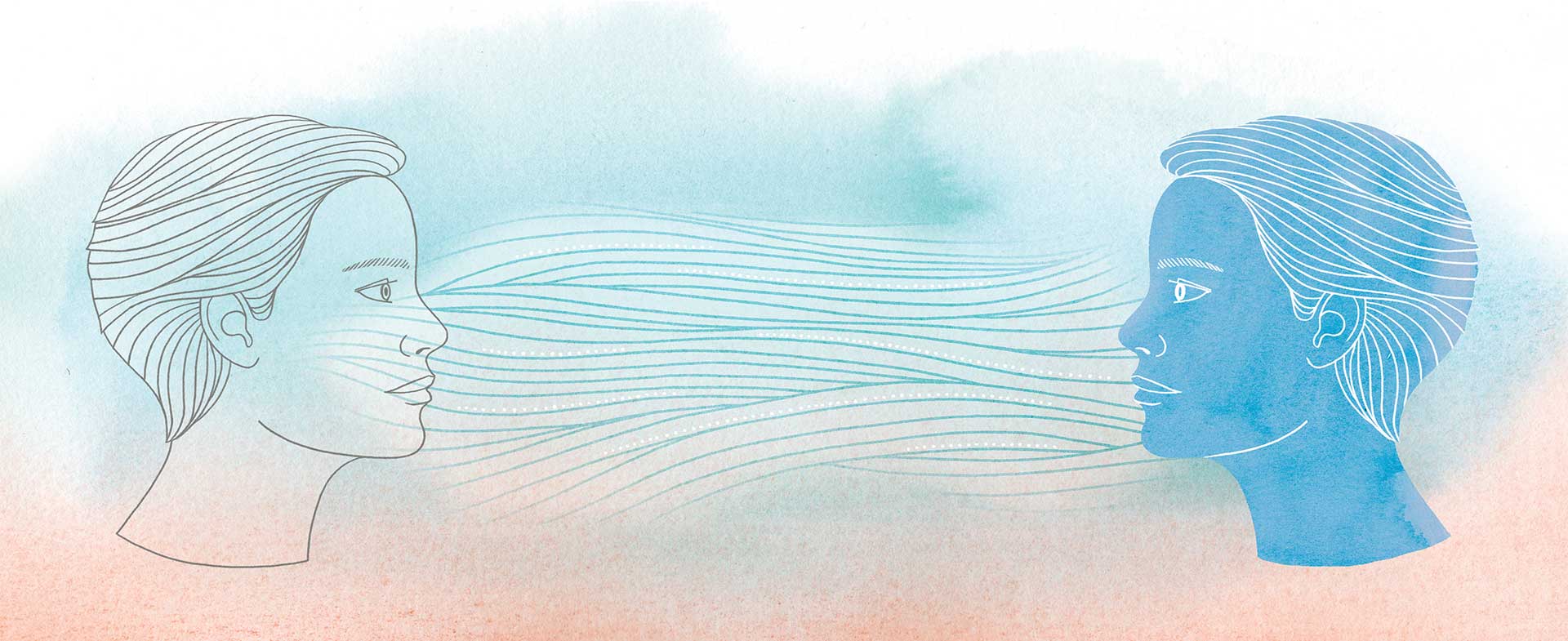Online Psychotherapy
Online psychotherapy is psychotherapy without the need for travel time. Using Zoom video meetings means wherever you are in the world, you can have access to the therapist that’s right for you. I work exclusively online to help others address patterns that repeat themselves and don't seem to change.
I help with problems such as anxiety, depression, anger, frustration, pain and conflict. Sometimes the difficulty might be rooted in the past, but it feels firmly stuck in the present. And worryingly - it might look like it will influence the future.
Speaking to a friend or a loved one can be useful, but sometimes it’s not enough.

We all experience difficulties from time to time. Online psychotherapy can help unravel and examine the difficulties you face. It can start to shine some light into those places that seem at times elusive, confusing, or even downright scary. By taking things at the right pace, what at first seems scary, can start to feel a little more manageable.
And once things are manageable, we can start to reclaim our lives.
Psychotherapy is a time for you, and a time for change.

What is Sensorimotor Psychotherapy?
Sensorimotor Psychotherapy is a body oriented psychotherapy that is helpful for the healing of trauma, attachment and developmental wounds. It refers to contemporary, science based understandings of the human brain, behaviour and experience. Any Somatic Psychotherapy works with the understanding that we do not experience pain, trauma, loss, shame and grief just in our head, but also in our body. Sensorimotor Psychotherapy aims to help us understand, and disentangle the organisation of our experience, heal our wounds, and become a more integrated 'whole' person.
Read more about Sensorimotor Psychotherapy.
What is Transpersonal & Integrative Psychotherapy?
Transpersonal & Integrative Psychotherapy uses approaches from Humanistic, Existential, Psychodynamic, Jungian and Transpersonal schools of thought. Rather than only looking through one lens, a variety of lenses can be used to gain more clarity and insight into an individual's condition. Much will depend on what is required, and what suits each individual client.
Read more about Transpersonal & Integrative Psychotherapy.
What is Deep Brain Reorienting?
Deep Brain Reorienting (DBR) is a gentle, non-invasive, body-oriented technique that is helpful for the healing of trauma, attachment and developmental wounds. Deep Brain Reorienting aims to access the core of a traumatic experience by tracking the original physiological sequence in the brainstem. The brainstem is the part of the brain which rapidly comes online in situations of threat or danger. This slow, gentle work can help process shock and feelings such as rage, aloneness and abandonment and is particularly suited to those who experience dissociation.
Read more about Deep Brain Reorienting. Watch Deep Brain Reorienting videos.
Is there a difference between online psychotherapy sessions and face to face psychotherapy sessions?
Like any therapy, the most important factor in achieving success is collaboration and communication. I have worked as online psychotherapist for a number of years and found that whilst I won’t always be able to pick up on all body language, such as feet and hands, I can encourage you to let me know when you notice things moving and shifting! This can in turn increase body awareness, which should be happening in the therapy anyway. Therefore creative solutions can and do grow from limitations, and they can be fun too! In addition to the limitations, there are also advantages. For example clients can find some things easier to say from behind a screen. As a result working online can actually deepen connections and lead to exciting explorations, of both relationship, and self. Furthermore, if you are working from home, having an online therapy session means you might not have to rush out onto the streets post-session. This can allow you time to process and assimilate the work that has been done during the session. Read more about how to make a great video call.
How often do online psychotherapy sessions take place?
Online psychotherapy sessions are held weekly and last for 50 minutes.
Where do sessions take place?
Online psychotherapy sessions take place on Zoom. I can also work on Skype and Facetime.
Booking & Fees
My fees for online psychotherapy are £120 for a 50 minute session.
To inquire about availability please contact me via the form below.
Get in touch!
If you'd like to find out more, please privately message me here.